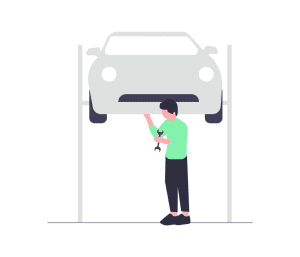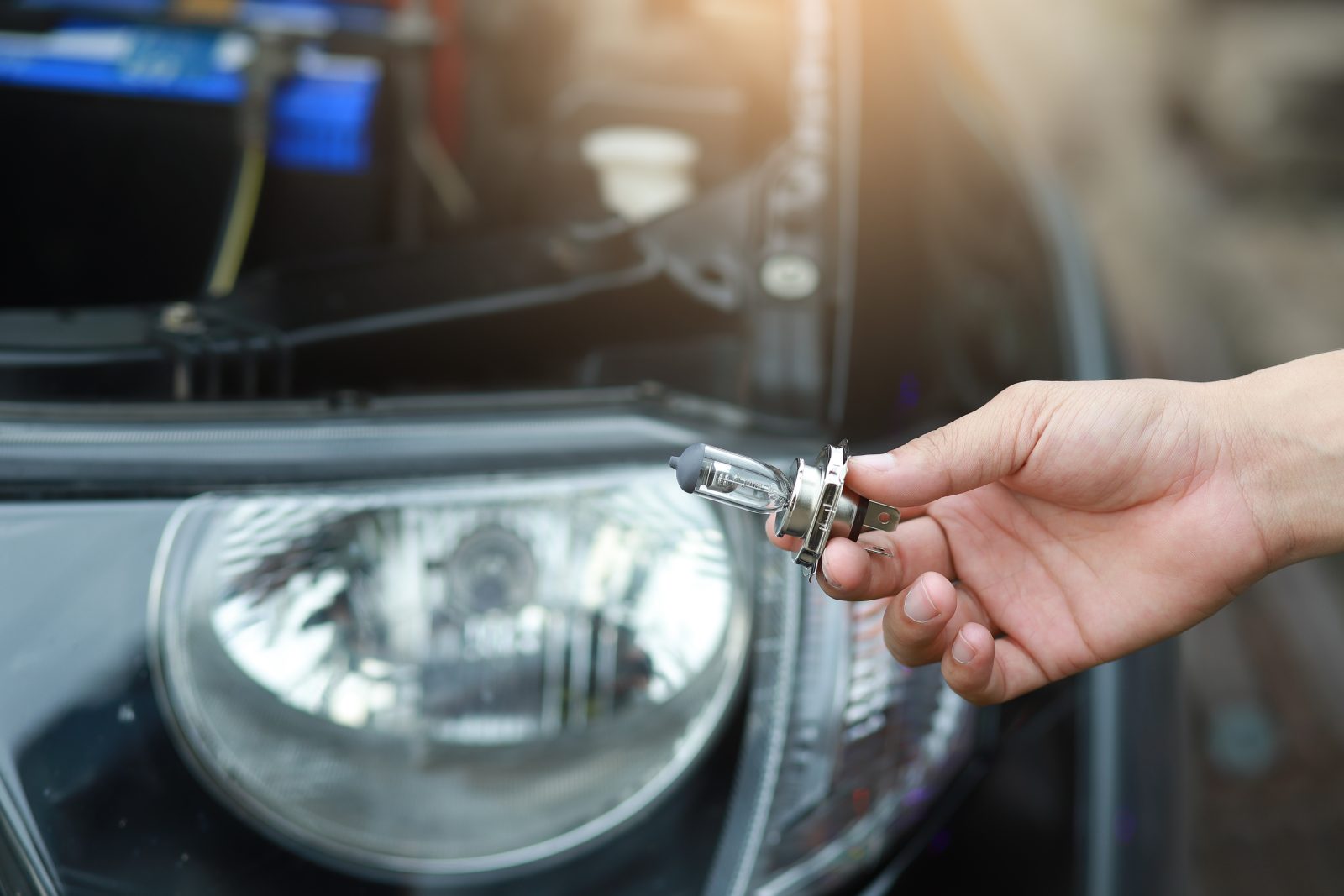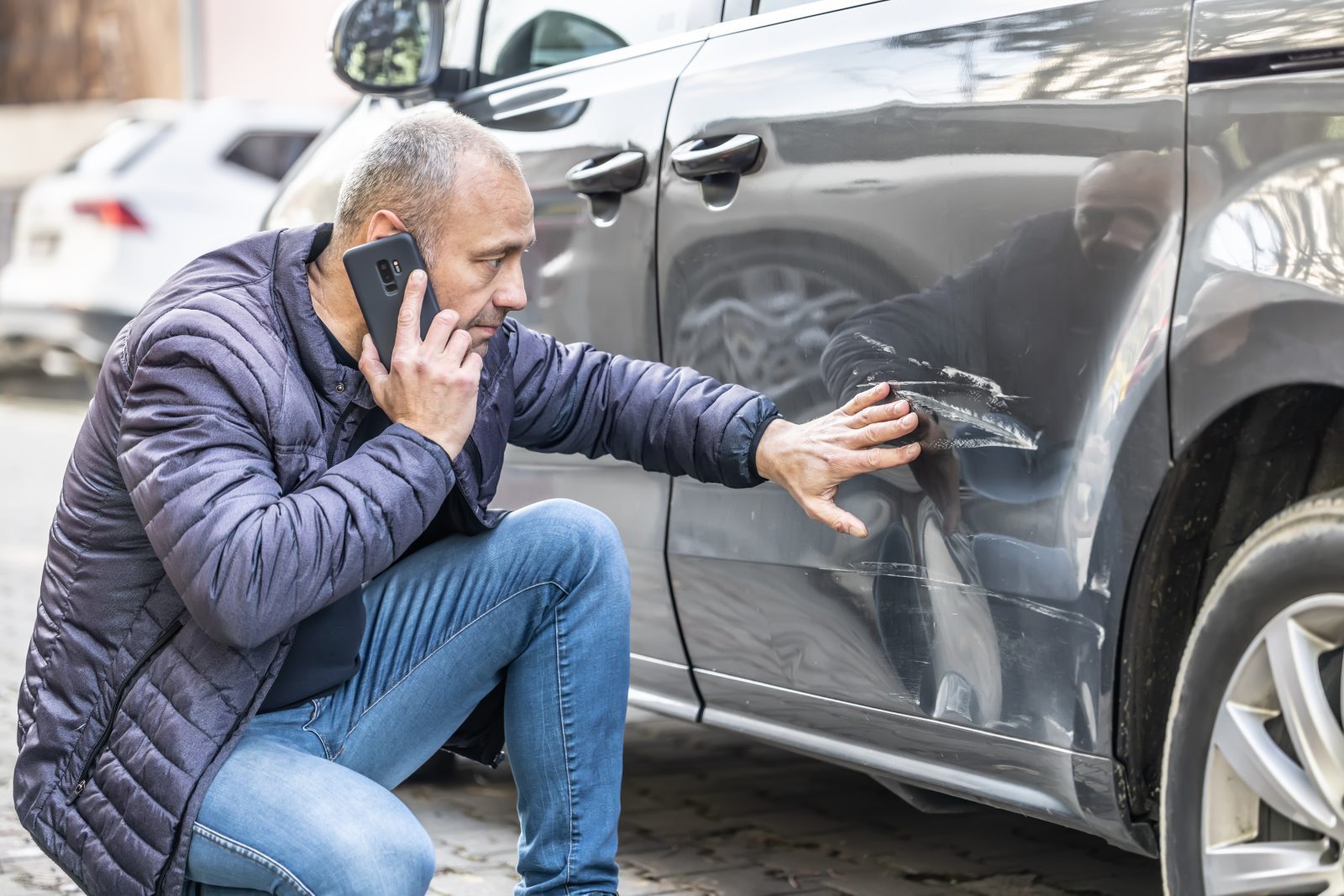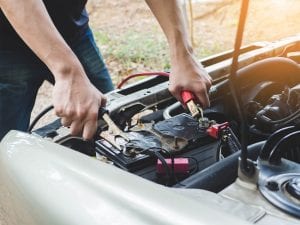A car service is an essential part of owning a car and helps to keep your car in the best condition it can be. Unlike an MOT, a car service is not a legal requirement, but it is highly recommended. Car servicing helps to ensure your vehicle runs smoothly and is kind of like a health check for your vehicle. It is recommended you have your car serviced each year or every 12,000 miles, whichever comes first. There are many different components that are checked during a car service, from engine oil levels to general wear and tear.
Let’s take a look at what you need to know about getting your car serviced.
What is a car service?
A car service is an annual health check which checks different kinds of components of your car. Keeping up with regular car services can help to ensure your car is running smoothly, improves its overall health and can help it retain its value. A car service can only be performed by a reputable mechanic and can check up to 50 parts of your vehicle to ensure its longevity.
What are the benefits of car servicing?
Whilst a car service is not a legal requirement, there are many reasons why you should keep up with regular car service.
- Improves safety.
- Increases resale value.
- Improves fuel efficiency.
- Retains a warranty.
- Improves vehicle longevity.
- Prevents breakdowns.

How often should you have your car serviced?
You should have your car serviced every year or every 12,000 miles.
How much is a car service?
The cost of a car service will depend on which type of car service you choose (interim, full or major service) and the size of your car (small, medium, or large car). The most popular service is a full car service and on average can cost around £210 for a medium-sized car.
What does a car service include?

The components which are checked during your car service depend on which type of service you need. A full car service is typically the most popular and is performed every year or 12,00 miles. Most commonly, a full car service checks over brakes, wheel bearings, electrical components, air conditioning, radiator and coolant hoses and shock absorbers. Your air filter, engine oil and spark plugs can also be changed. Find out more about the other types of car service you can get below.
Types of car servicing – what do they include?
1. Interim car service.
The average cost for an interim service is around £110.
An interim service is pretty self-explanatory and a service you get in between the annual service. It is recommended at 6,000 miles or every 6 months. An interim car service will typically look at brake pads and discs, tyres and any parts which are likely to suffer from wear and tear. It also includes an oil and filter change and an inspection of the main parts of your car.
2. Full car service.
A full car service is the most common type of service you can get and can cost around £170 (small car).
A full service is recommended every year or at every 12,000 miles. During a full car service, all the aspects of an interim service will be checked and also the brakes will be checked in more depth and the air filter can be replaced. Checks can be performed more thoroughly and, in more depth, than an interim service.
3. Major car service.
The average cost of a major service is around £210.
Every two years or 24,000 miles, it is recommended you have a major service performed. This is the most thorough car service you could get. A more extensive check will be performed on the vehicle’s brake fluid, fuel filter, suspension and spark plugs. All parts of a full service will also be checked too.
Related articles:

How to change a headlight bulb.

How to remove scratches from your car.
